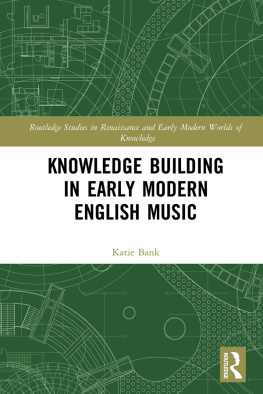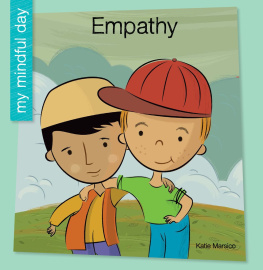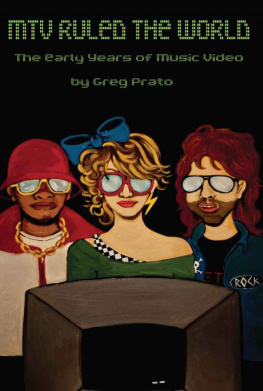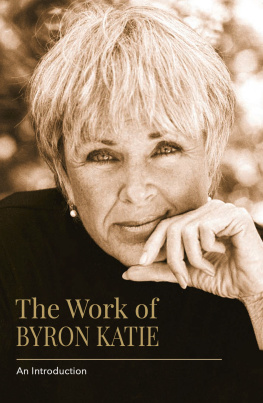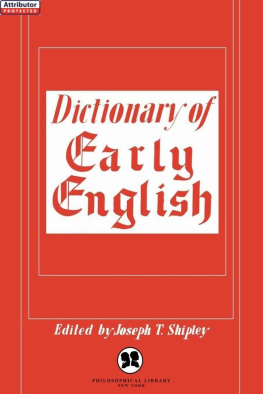Knowledge Building in Early Modern English Music
Knowledge Building in Early Modern English Music is a rich, interdisciplinary investigation into the role of music and musical culture in the development of metaphysical thought in late sixteenth-, early seventeenth-century England. The book considers how music presented questions about the relationships between the mind, body, passions, and the soul, drawing out examples of domestic music that explicitly address topics of human consciousness, such as dreams, love, and sensing. Early seventeenth-century metaphysical thought is said to pave the way for the Enlightenment Self. Yet studies of musics role in natural philosophy have primarily been limited to symbolic functions in philosophical treatises, virtually ignoring music makings substantial contribution to this watershed period. Contrary to prevailing narratives, the author shows why music making not only reflected impending change in philosophical thought but also contributed to its formation. The book demonstrates how recreational song such as the English madrigal confronted assumptions about reality and representation and the role of dialogue in cultural production, and other ideas linked to changes in how knowledge was built. Focusing on music by John Dowland, Martin Peerson, Thomas Weelkes, and William Byrd, this study revises historiography by reflecting on the experience of music and how music contributed to the way early modern awareness was shaped.
Katie Bank is an Honorary Research Fellow at the University of Sheffield and recent long-term National Endowment for the Humanities Fellow at the Newberry Library. She publishes on early modern English recreational song, musical intellectual history, and musical-visual culture.
Routledge Studies in Renaissance and Early Modern Worlds of Knowledge
Series Editors:
Harald E. Braun, University of Liverpool, UK and Emily Michelson, University of St Andrews, UK
SRS Board Members:
Erik DeBom (KU Leuven, Belgium), Mordechai Feingold (California Institute of Technology, USA), Andrew Hadfield (Sussex), Peter Mack (University of Warwick, UK), Jennifer Richards (University of Newcastle, UK), Stefania Tutino (UCLA, USA), Richard Wistreich (Royal College of Music, UK)
This series explores Renaissance and Early Modern Worlds of Knowledge (c.1400c.1700) in Europe, the Americas, Asia and Africa. The volumes published in this series study the individuals, communities and networks involved in making and communicating knowledge during the first age of globalization. Authors investigate the perceptions, practices and modes of behaviour which shaped Renaissance and Early Modern intellectual endeavour and examine the ways in which they reverberated in the political, cultural, social and economic sphere.
The series is interdisciplinary, comparative and global in its outlook. We welcome submissions from new as well as existing fields of Renaissance Studies, including the history of literature (including neo-Latin, European and non-European languages), science and medicine, religion, architecture, environmental and economic history, the history of the book, art history, intellectual history and the history of music. We are particularly interested in proposals that straddle disciplines and are innovative in terms of approach and methodology.
The series includes monographs, shorter works and edited collections of essays. The Society for Renaissance Studies (www.rensoc.org.uk) provides an expert editorial board, mentoring, extensive editing and support for contributors to the series, ensuring high standards of peer-reviewed scholarship. We welcome proposals from early career researchers as well as more established colleagues.
Knowledge Building in Early Modern English Music
Katie Bank
Milton, Marvell, and the Dutch Republic
Esther van Raamsdonk
Staging Favorites
Theatrical Representations of Political Favoritism in the Early Modern Courts of Spain, France, and England
Francisco Gmez Martos
For more information about this series, please visit: www.routledge.com/Routledge-Studies-in-Renaissance-and-Early-Modern-Worlds-of-Knowledge/book-series/ASHSER4043
First published 2021
by Routledge
2 Park Square, Milton Park, Abingdon, Oxon OX14 4RN
and by Routledge
52 Vanderbilt Avenue, New York, NY 10017
Routledge is an imprint of the Taylor & Francis Group, an informa business
2021 Katie Bank
The right of Katie Bank to be identified as author of this work has been asserted by her in accordance with sections 77 and 78 of the Copyright, Designs and Patents Act 1988.
All rights reserved. No part of this book may be reprinted or reproduced or utilised in any form or by any electronic, mechanical, or other means, now known or hereafter invented, including photocopying and recording, or in any information storage or retrieval system, without permission in writing from the publishers.
Trademark notice: Product or corporate names may be trademarks or registered trademarks, and are used only for identification and explanation without intent to infringe.
British Library Cataloguing-in-Publication Data
A catalogue record for this book is available from the British Library
Library of Congress Cataloging-in-Publication Data
A catalog record for this book has been requested
ISBN: 978-0-367-51970-4 (hbk)
ISBN: 978-1-003-05589-1 (ebk)
Typeset in Sabon
by Apex CoVantage, LLC
To my parents
As this book began as my doctoral dissertation, I must thank my outstanding supervisor, Helen Deeming. I am grateful to the supremely generous academics who have supported and encouraged me in practical and emotional ways. Some are friends, and others have kindly donated their time and expertise to a stranger over email. My sincerest gratitude to Christian Leitmeir, Tim Shephard, Matthew Symonds, Katherine Butler, Barbara Eichner, Gavin Alexander, Paul Schleuse, Kerry McCarthy, Richard Wistreich, Lisa Colton, Michael Alan Anderson, Linda Phyllis Austern, Gillian Gower, Samantha Bassler, Matthew Laube, Richard Rastall, Cathy Ann Elias, Julian Johnson, Angela Mace Christian, Josh Duchan, Harriet Boyd-Bennett, Matthew Thomson, Robyn Adams, Joseph Mason, Elizabeth Randall Upton, Matthew Ingleby, Hector Sequera, Mary C. Fuller, Daniel Carey, Sigrid Harris, Samantha Arten, Eleanor Chan, Helen Matheson-Pollock, Scott A. Trudell, and Stephen Rose. The late Lisa Jardine left an inimitable mark on my life and scholarship. Thank you for empowering me to behave badly and fearlessly pursue work that does not fit comfortably into traditional academic departments.
My National Endowment for the Humanities Fellowship at the Newberry Library introduced me to a wonderful cohort of fellows and colleagues, including Jamie Forde, Brian OCamb, Anne Koenig, Carmen Hsu, Christine Gtteler, Tatiana Sejas, Jason Rosenholtz-Witt, Cynthia Nazarian, Jodi Bilinkoff, Chris Fletcher, Rebecca Fall, Christine DeLucia, Anne Boemler, Keelin Burke, and D. Bradford Hunt. I appreciate your feedback and comradery.
I must also thank the library staff at the Newberry Library, Bodleian Library, Warburg Institute, British Library, and Oriel College Archives for their dedication and assistance. I am appreciative of the continued support of friends and colleagues at the Centre for Editing Lives and Letters (CELL) at University College London. You will always be my interdisciplinary safe haven. I am also grateful for the support of the Department of Music at the University of Sheffield, where I am an honorary research fellow.

